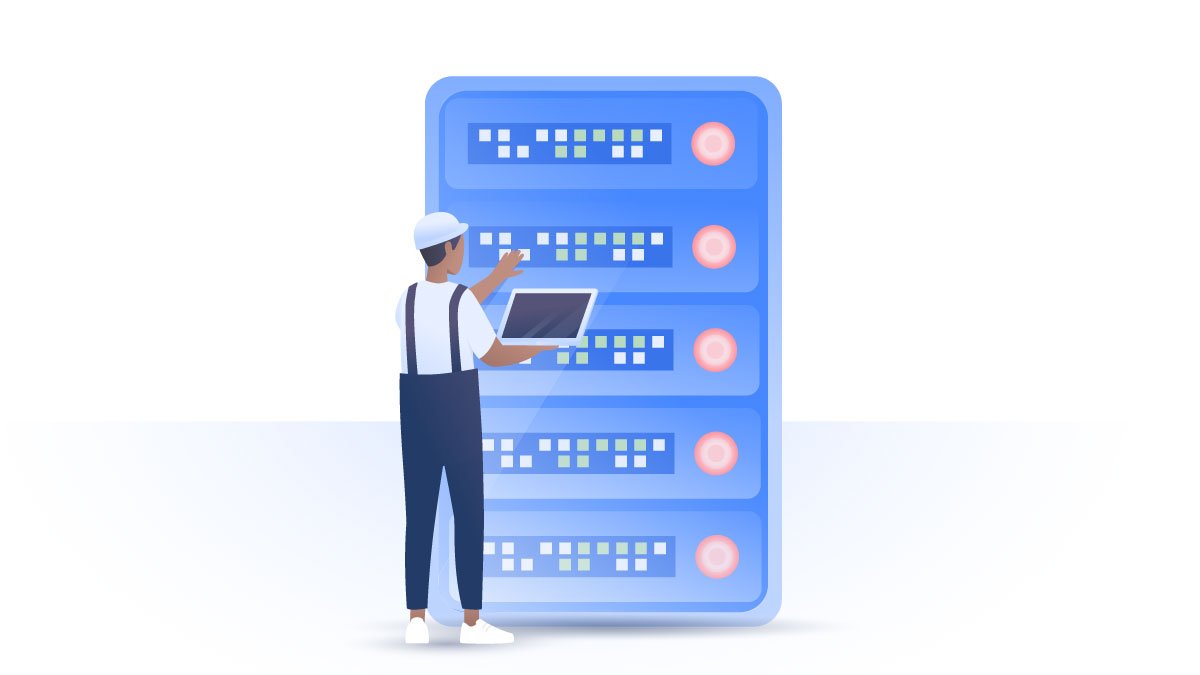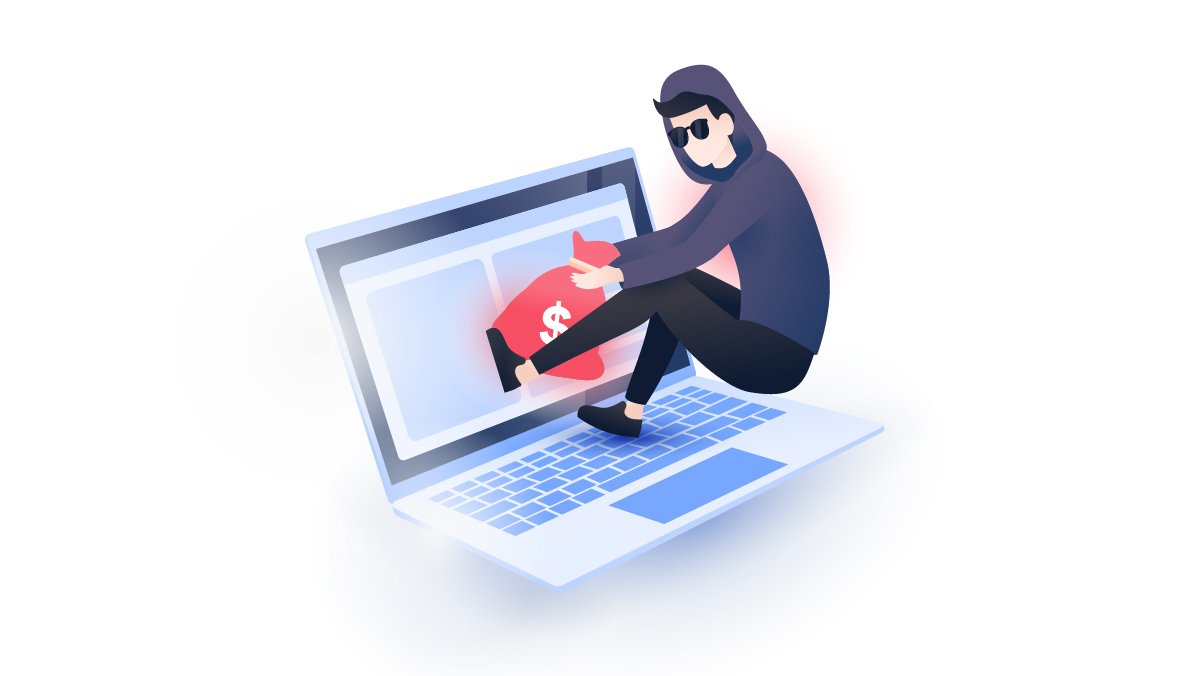How artists use technology to erase Africa’s online borders
When a democracy’s next-door neighbor is a dictator, that can make international work complicated – even online. In some African countries, artists who talk about freedom of speech and information face unique challenges and threats. Let’s hear about some of those challenges and aspirations first-hand.
Paul Black
Dec 10, 2020 · 7 min read

The Invisible Borders Trans-African Photographers Organisation (Invisible Borders) is an artist-led organization that uses photography and the arts to challenge the misconceptions and gaps existing between the 54 countries of Africa. NordVPN is proud to help support and secure their noble mission by providing them with VPN service.
In every country, the artists who work with Invisible Borders face different situations when it comes to online freedom and freedom of speech. While some countries are safe, others’ complex political and social climates pose threats to their activities. We asked what challenges Invisible Borders face in their operations, how they mitigate them, and how VPNs help their operations.
NordVPN: How would you describe the internet freedom situation in Africa?
Invisible Borders: We can only speak of this from first hand knowledge accrued during some of our travels in countries of the continent. What we know is that freedom and its restrictions thereof, are often tied to specific political events or periods of tensions more than they are often permanent. We have seen this in Egypt and perhaps across countries of Northern Africa during the historic Arab Spring. The same goes for the South of Cameroon during the “Anglophone Crisis”, or “Ambazonian war”, wherein the government restricted internet access to discourage citizen journalism.
Fighting citizen journalism through the truncation of internet and telecommunication access is steadily becoming a trend in the continent. Yet, on a few occasions, this strategy was put to better use by the government, as was the case when internet access was blocked off in the far-north-west region of Nigeria as a way of fighting the terrorists organisation known as Boko Haram.
N: What digital struggles and cyberthreats do you usually encounter in your activities? How do you solve them?
IB: As an organisation whose core ideology is hinged upon the notion of movement and connecting audiences and administrators through the unbridled potential of cyberspace, we often find that this comes with some challenges. Since the inception of the project in 2009, we have used the internet for the hosting and dissemination of our projects. We have a score of interlinked blogs, websites and subdomains. We give access to administrators and participants to these blogs who, in turn, access these sites from different locations in the world. As a result, we are always battling spam, and hacks of our internet platforms.

N: Which topics do you find the most dangerous to tackle?
IB: On our blogs, we have written and posted photographs conveying highly opinionated points of views about certain governments – to the extent of calling out specific political personalities and leaders. On a few occasions, we have been asked to take down the information. While I will not say that those threats are life threatening, it indeed calls for caution. We will not be surprised if, one of these days, we are surprised by a more severe threat. So as we grow our platform, we are mindful not to throw all caution to the wind.
N: What online threats did you encounter during your road trips across Africa?
IB: During our 2018 Road Trip from Lagos to Kigali, we wrote an article about a certain state in the east of Nigeria. This article critiqued how images are used by politicians as a way of affecting the gaze of the everyday person. We didn’t receive any threat, but we got a response from the spokesperson of the government asking that we reconsider our article – in other words, suggesting that we pull it down. Of course, we didn’t.

N: Which social groups in Africa are the most vulnerable to online or digital restrictions to their freedom of speech?
IB: I will say that the youths of today, especially those who only recently came to the realisation of the potency of their subjectivity. They are the ones at the forefront of some of the epochal protests taking place in the continent today. Many of them have turned into citizen journalists using their various audiences and platforms on social media to speak out. Some of them have groomed themselves into seasoned bloggers, writers, photographers, filmmakers and social media activists/influencers.
N: What struggles do the artists you represent encounter in the online world? What platforms do they use to share their work? Do they face any cyberthreats?
IB: We do not know so much about the extent to which the artists are affected. However, it is noteworthy that we live in an information era, where the data is a raw material and commodity at the same time. I think it is important to educate the artists about the imminent threat they face when engaging with cyberspace. If their work is relevant, it most certainly will come under threat sooner or later.

N: Does your organization or the artists you work with use a VPN? If so, how does it help?
IB: We have been using VPN within the organisation. It helps a lot. Many of our artists and administrators are connecting to our online platforms from different countries with their own specific internet policies.
What we see, beyond of course exposing our platforms to hacked passwords, is that we get flagged a lot as a security measure by these internet platforms. This goes as far as locking an administrator out, for which he or she will need to be given access again by a super-admin of the organisation. While this is, in general, for safety, it can become cumbersome for our workflow. VPN helps us to have control over the security measures by having the option to choose which country to “log in” from.
N: What are the best ways to transfer your message or work to your target audience?
IB: The online platform has been a very important space for us. Our work is hosted in blogs, website, and web/mobile apps. Of course, we are firmly plugged into the art world whereby we have exhibitions in such places as the Centre Pompidou in Paris and Venice Biennale. Yet, cyberspace affords us an opportunity to connect beyond the esoteric confines of the art/intellectual world.

N: Do you target and reach Western audiences?
IB: Our aim is to reach everyone across the globe. We say that what we do, or our aim, is to “put knowledge in the air”. Also, the idea of the “West” is changing and becoming more complex. For instance, there is a strong and steadily growing Diasporan West. That too is West; our work resonates with these categories. Yet, we hope it will go beyond without, of course, needing to derail its ideological premise.
N: What other security measures, apart from VPNs, do you employ when working in Africa?
IB: We are constantly researching how to better protect our platforms from hackers and what apps and plugins to use for the early-detection and prevention of hackers. We are also slowly experimenting with best practice for password sharing as our workforce expands. For instance, we would love to implement NordPass for password protection and sharing. But we saw that the service does not have features for Teams and business as does 1Password.
(Editor’s note: NordPass has since launched a B2B version, too. Check it out here.)
N: The internet is helping make information borderless, but it also raises privacy issues. Do mainstream social media platform privacy or censorship concerns affect your activities?
IB: The best way to assess this reality is to realise that we are living in what Shoshana Zuboff calls the ‘Age of Surveillance Capitalism’. The real fight is not against the technology or even the algorithm, per say. What is of utmost importance today is to be informed and conscious of how we use these platforms.
Of course, the privacy policies of such mammoth data hogs like Google and Facebook are a major source of concern for us. But, we also know that what they are commodifying is the people’s innate urge to connect with one another – to be together apart, so to speak. So going forward, we are taking our research and our understanding of the internet and cyberspace seriously. This is one of the reasons we have moved away from using WhatsApp, and instead, adopted telegram. We are even considering moving to signal if and when the features are right for us.
“Their decision to restrict the internet, in the long run, is counterproductive for them as they have only succeeded in awakening the people’s consciousness to the fact that it is not just rumours. That, in essence, the government can block or monitor internet activities.”
N: Do you consider the internet a safe space? Do you and your artists feel safe there?
IB: Yes and no. I think, as with many overlapping, intertwining spaces, the answer is somewhere in between – a kind of sweet spot.

N: What do you think about the internet restrictions during the Nigerian protests? How do you think this situation will be handled?
(In October, Nigerians protested against police brutality and were concerned about possible internet shutdowns. These concerns were fuelled by a spike in connection shutdowns during anti-government protests throughout Africa)
IB: It is indeed telling of the power of subjectivity. The government has never considered the internet a serious space of connection, hence why most of the administrative departments of the country are not duly digitized. However, with the protest, they got a glimpse of the potency of the internet space.
Their decision to restrict the internet, in the long run, is counterproductive for them as they have only succeeded in awakening the people’s consciousness to the fact that it is not just rumours. That, in essence, the government can block or monitor internet activities. I believe that going forward people will start educating themselves on how to guard against this intrusion.
N: How, if at all, will this situation impact your own activities?
IB: It would have impacted some of our artists and administrators working out of Nigeria. But, we are aware of it. Simply bringing VPN into the equation mitigates, to a sizable extent, any losses that could have been suffered by this.
How NordVPN makes your activities safer
Internet freedom and privacy are our core values, so we are always glad to encourage and help the others to achieve and protect these principles. Thus, we continuously support organizations fighting for online freedom and making the internet free and open for everyone.
Providing safety for activists, journalists and whistleblowers has always been one of our goals. NordVPN has lots of handy features to help you operate in areas with higher risks and low freedom of speech indexes:
- Our KillSwitch function instantly cuts down your internet connection in case you lose VPN connectivity so that no data would leak;
- Obfuscated servers will hide the fact that you use a VPN;
- Onion Over VPN feature provides you with additional layers of encryption and anonymity.
Let’s stay protected and put our best efforts to protect our goals from cyber disruptions.
Want to read more like this?
Get the latest news and tips from NordVPN


